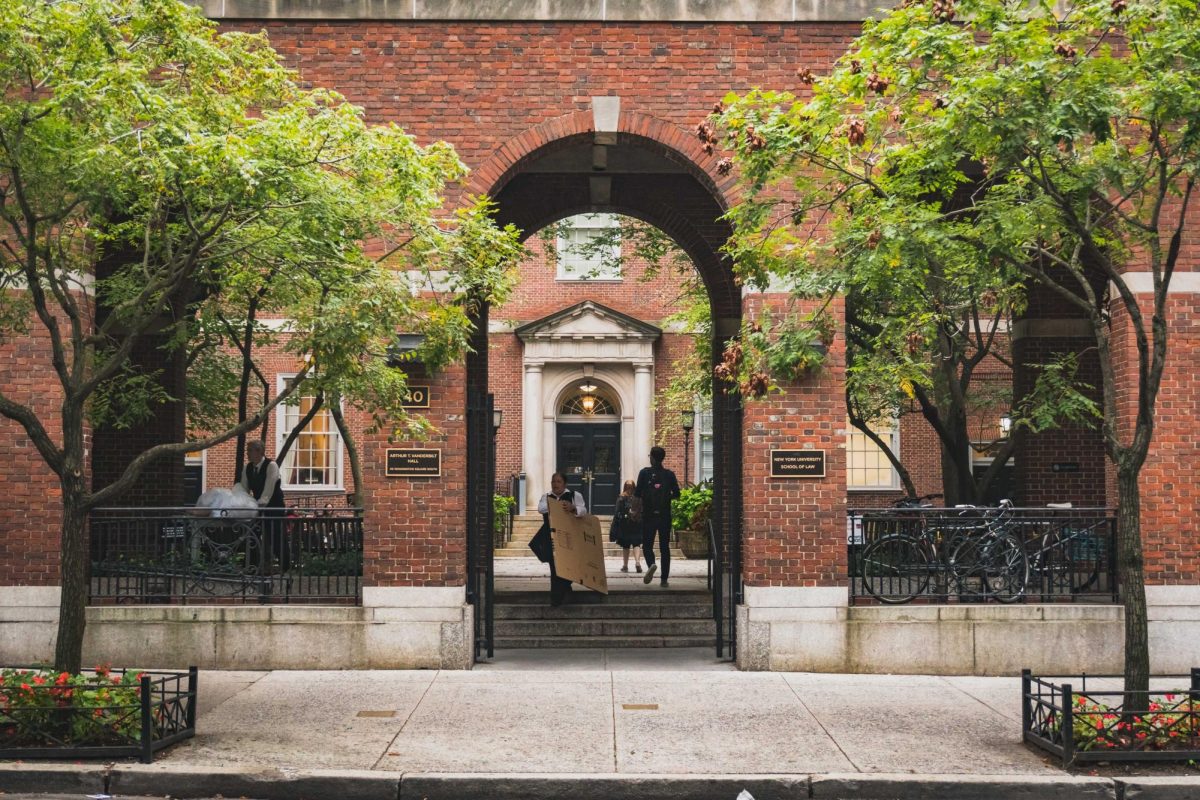A policing project at the School of Law is working to inform Minneapolis’ public safety practices throughout the year, according to a report that detailed specific recommendations for the city amid its two-year, $1 million contract.
In the December 2024 report, NYU Law’s Policing Project — which has worked with five U.S. cities to help curate community safety laws — recommended that Minneapolis implement preventative, responsive and restorative services to keep repeated safety issues from occurring and improve emergency responses.
The Policing Project had begun analyzing how effectively the city’s existing programs addressed public safety issues when the Minneapolis City Council approved the contract in December 2023. The collaboration came after residents demanded that the city take an alternative approach to community safety and law enforcement following the murder of George Floyd in 2020.
Alexander Heaton, NYU Law’s director of reimagining public safety and an author of the report, said that Minneapolis should embrace governance structures with complementary community services, and ensure clear communication between city agencies and initiatives.
“We’re trying to recommend ways for the city to turn programs that exist into a cohesive ecosystem that really functions to create community safety,” Heaton said in an interview with WSN. “There has to be information-sharing back and forth constantly, and we need to make sure that programs are connected through policy wherever possible.”
The report detailed shortcomings in Minneapolis’ current practices and lists recommendations across five types of public services, including violence intervention and health care. For example, Heaton and his co-authors suggested that Minneapolis form partnerships between city and county agencies to align their community safety goals, and create more ways for citizens to report theft and property damage online.
Minneapolis has also started to implement the Policing Project’s recommendations to post dashboards that explain community-focused city initiatives to the public and improve the juvenile intervention process. Heaton said that the project will receive feedback from the Minneapolis City Council throughout the year to ensure that residents approve of the new policies.
“We don’t want to be in a situation where a ton of different agencies are doing a bunch of different things, and I think Minneapolis has done a really good job with that,” Heaton said. “The lesson that we learned is that big governance piece — that municipalities need to be serious about connecting all of their different projects together.”
Contact Nikhil Shah and Yusra Javed at [email protected].


























































































































































